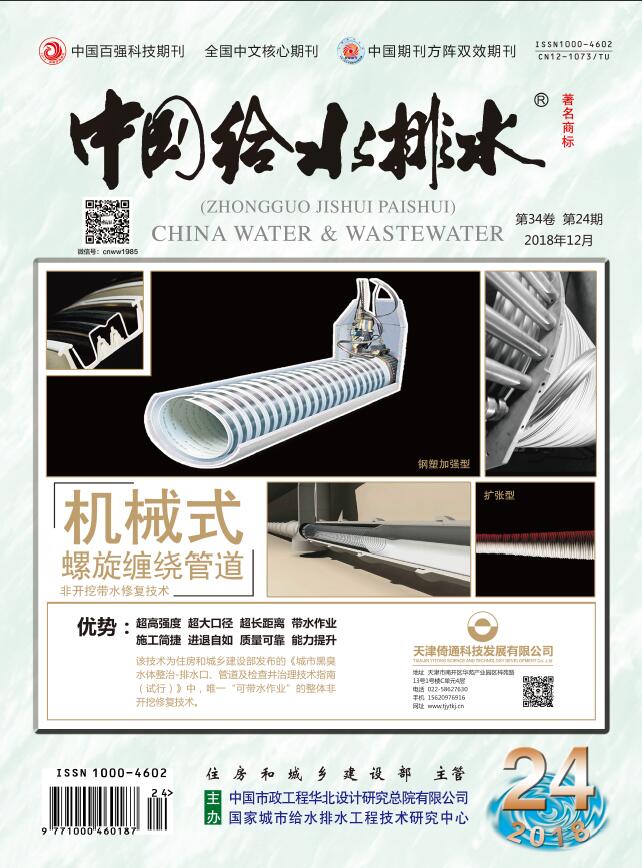WANGQiao,LIXue-yi,CHENBei-yang,et al.Influence of Sludge Composition on Co-incineration Disposal in Coal?fired Power Plant and Its Slagging Characteristics[J].China Water & Wastewater,2025,41(12):33-40.
Influence of Sludge Composition on Co-incineration Disposal in Coal?fired Power Plant and Its Slagging Characteristics
China Water & Wastewater[ISSN:1000-4062/CN:12-1073/TU]
volume:
第41卷
Number:
第12期
Page:
33-40
Column:
Date of publication:
2025-06-17
- Keywords:
- municipal sludge; co-incineration; coal-fired power plant; dewatering conditioner; slagging characteristics
- Abstract:
- Aiming at whether sludge causes coking of coal-fired boilers in power plants, several municipal sludge co-incineration projects were investigated. The potential effects of sludge composition on coal-fired boilers were analyzed through non-metallic element contents detection, analysis of ash fusibility, and ash oxide composition. Based on the findings, criteria for selecting appropriate sludge conditioning agents were proposed. Results turned out that chlorine-based or sulfur-based conditioners, particularly FeCl3 or Fe2(SO4)3, are inappropriate for dewatering of sludge intended for co-incineration disposal in coal-fired power plant. If the chlorinated or sulfurous conditions were inevitable, the chlorine content should not exceed 1.57% of DS or the sulfur content should not exceed 3.11% of DS. On the contrary, a certain amount of lime can be added, but the proportion of iron and calcium in the sludge should be controlled to avoid synergistic slagging, especially when the ratio was close to 1. The results of comprehensive discriminant index (coal slagging index) showed that four of the nine sludge samples exhibited moderate slagging, one exhibited moderate to severe slagging, and the remaining four exhibited severe slagging. For sludge predicted to cause severe slagging, the power plant should reduce the proportion of sludge co-incineration ratio and increase the frequency of boiler coking maintenance.
Last Update:
2025-06-17

